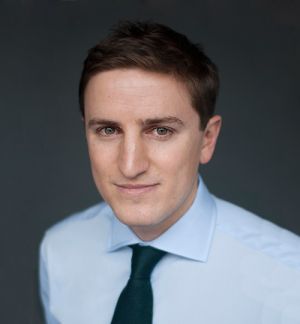Not with a bang, but with a pair of defiant anti-establishment presidential candidates.
In 1967, Britain unexpectedly announced the end of what, for decades, had been a genuinely global foreign policy. In response to the depreciation of the pound sterling, expensive decolonization campaigns, and the evolving attitudes of the baby boomer generation, Prime Minister Harold Wilson's Labor government abruptly announced that his government would change course, prioritizing welfare over warfare. That would include withdrawal from all bases "East of Suez." In response, U.S. Secretary of State Dean Rusk complained that he "could not believe that free aspirin and false teeth were more important than Britain's role in the world." But the danger of such a patrician attitude to foreign policy — one that views domestic considerations as illegitimate — is that, over time, foreign policy can become seriously disconnected from the priorities of the electorate.
If the New Hampshire primary — where populist candidates Donald Trump and Sen. Bernie Sanders resoundingly thrashed their establishment rivals — gave us anything to go by, the United States could be approaching a similar moment. Populist candidates threaten the two pillars that have dominated establishment views on U.S. foreign policy since the end of the Cold War: liberal economics and liberal interventionism....
Continue reading: http://foreignpolicy.com/2016/02/19/this-is-how-the-liberal-world-order-ends/
Simpson, Emile. “This is How the Liberal World Order Ends.” Foreign Policy, February 19, 2016





